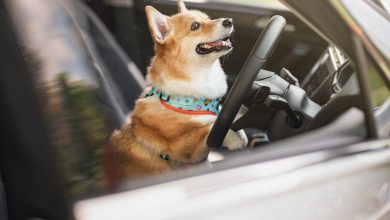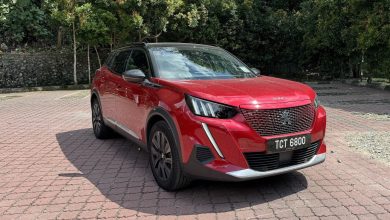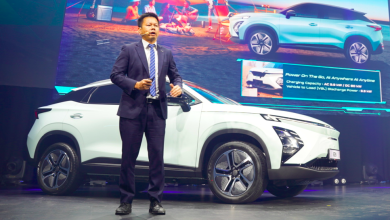AutomotiveNewsUncategorized
BMW USA X3 SUV ஐ நினைவுபடுத்துகிறது

2018 ஆம் ஆண்டு BMW X3 xDrive30i & X3 M40i வாகனங்கள் 17,008 மாதிரி மாடல்களை வட அமெரிக்காவின் BMW பிடிக்கிறது. பின்புற ஸ்பாய்லர் சட்டமன்றத்தில் ஒழுங்காக இணைக்கப்படாவிட்டால் அல்லது திருட்டுகள் இல்லாமலிருக்கலாம், வாகனத்தை இயக்கும்போது ஸ்பாய்லர் அகற்றப்படலாம்.
வாகனம் இயக்கப்படுகையில் ஸ்பாய்லர் முறித்துக் கொண்டால், அது ஒரு விபத்துக்கான ஆபத்தை அதிகரிக்கும், ஒரு சாலைத் தீங்கு விளைவிக்கும். BMW அமெரிக்கன் உரிமையாளர்களுக்கு அறிவிப்பார், மற்றும் விற்பனையாளர்கள் ஸ்பாய்லைனை பரிசோதிப்பார்கள், அவற்றுடன் தேவையான இணைப்புகளை இலவசமாகக் கொடுப்பார்கள். திரும்பப் பெறுதல் மே 1, 2018 ஐ தொடங்க எதிர்பார்க்கப்படுகிறது.





